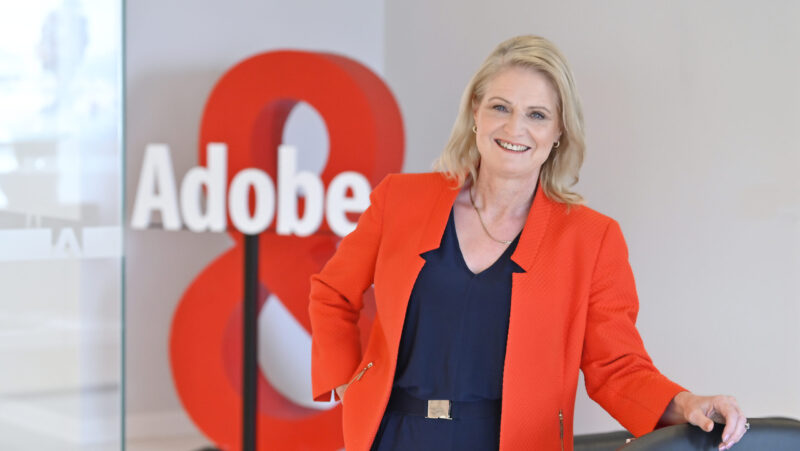Exclusive: Adobe finds Australian brands lag behind when it comes to AI
Australian brands are overwhelmingly lagging behind their marketing talent when it comes to the adoption of generative AI, according to new research from Adobe.
The research, which was conducted in partnership with Advanis in May, found that only 31% of Australian brands had adopted the technology at an organisational level, despite 68% of employees having used generative AI for marketing campaigns.


